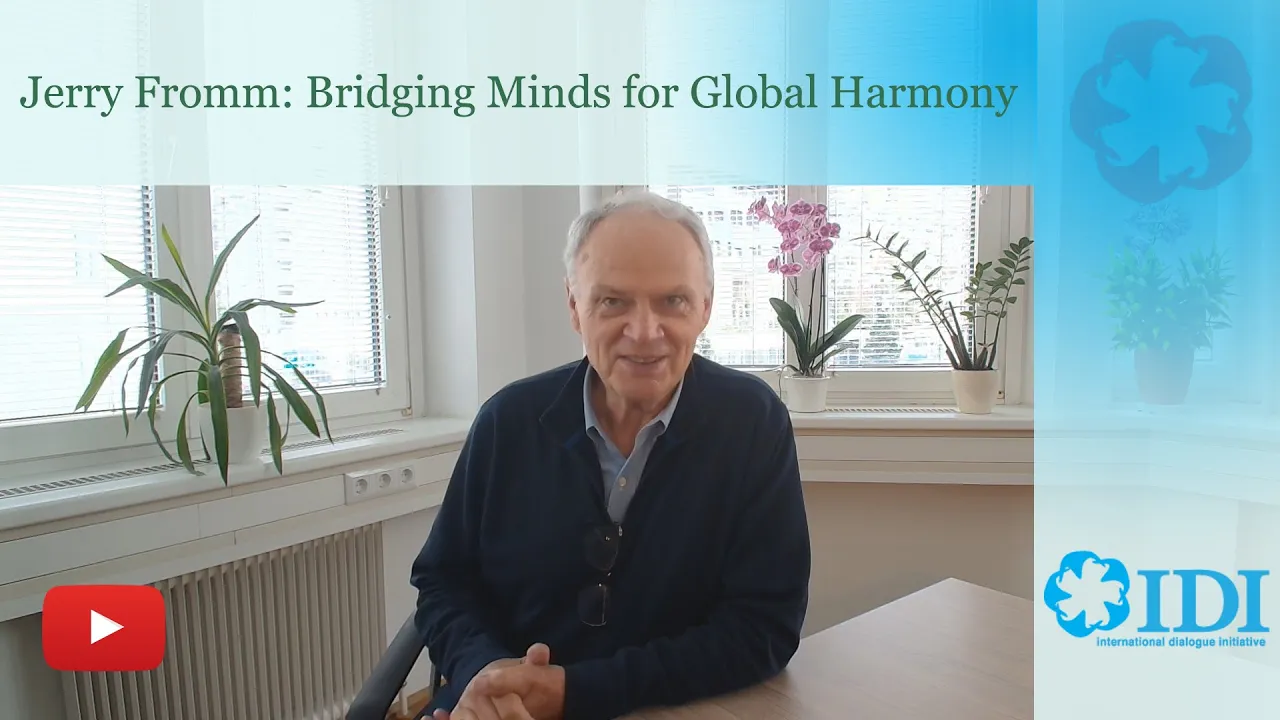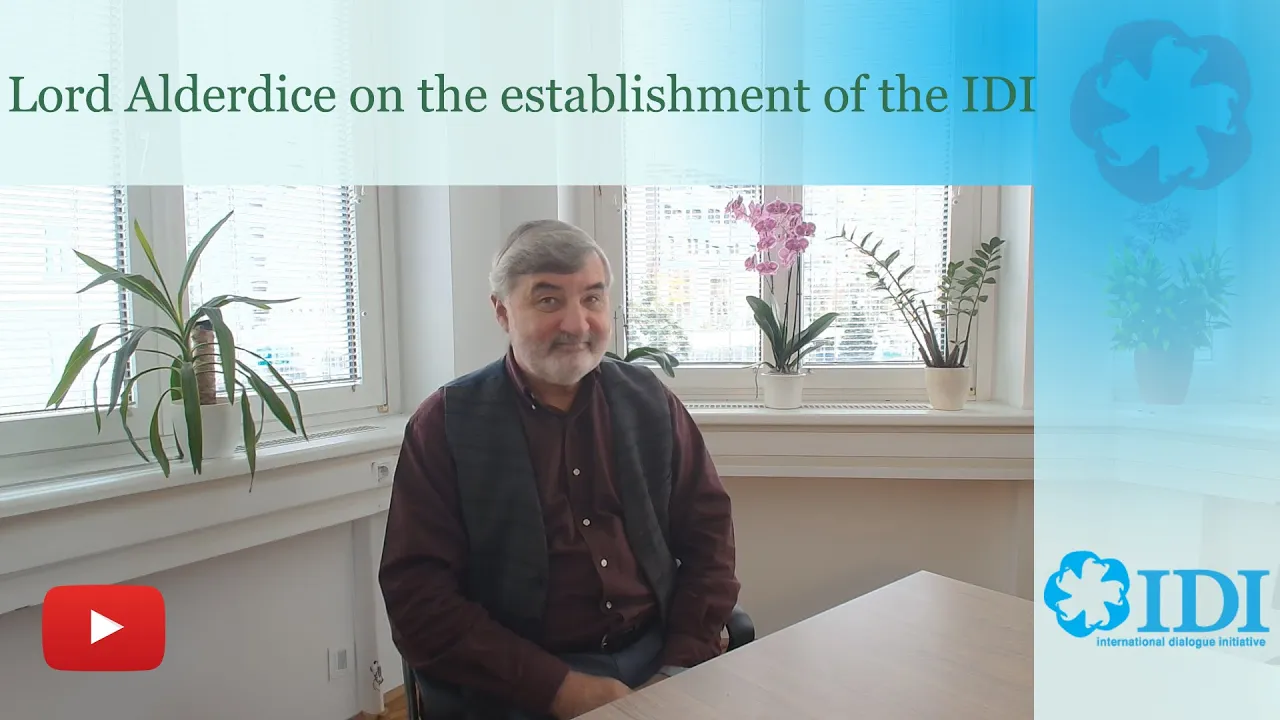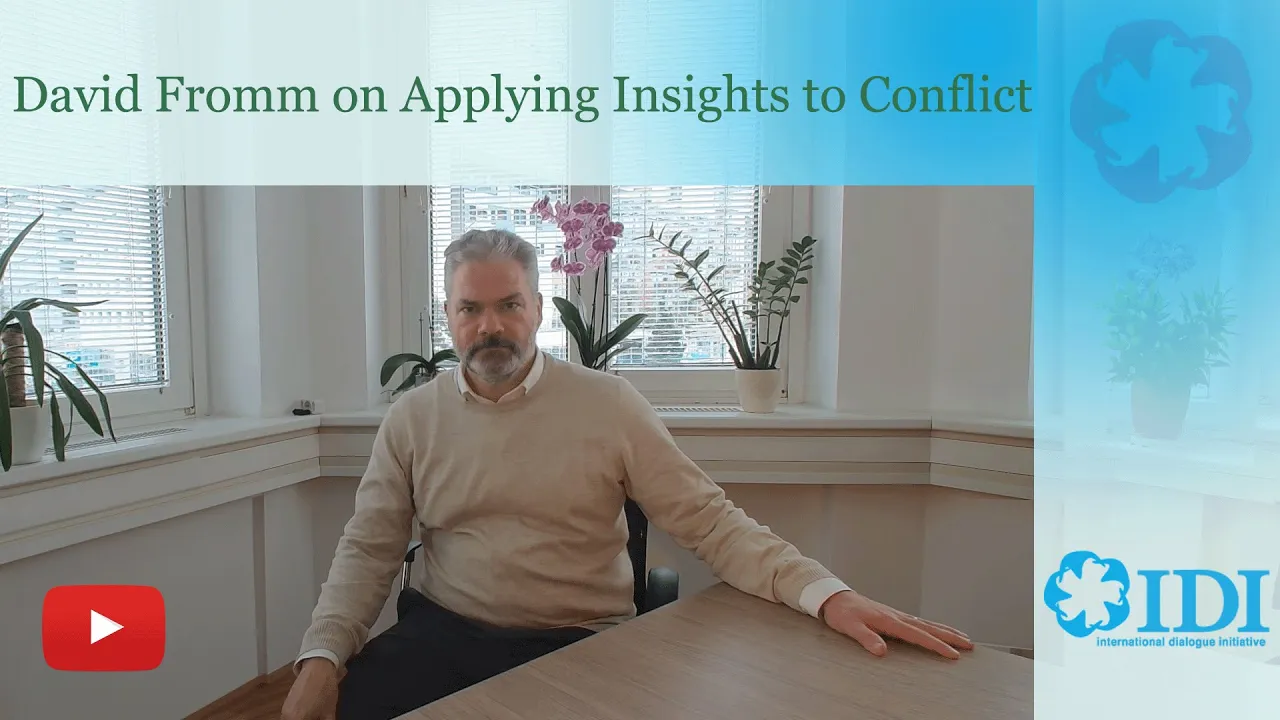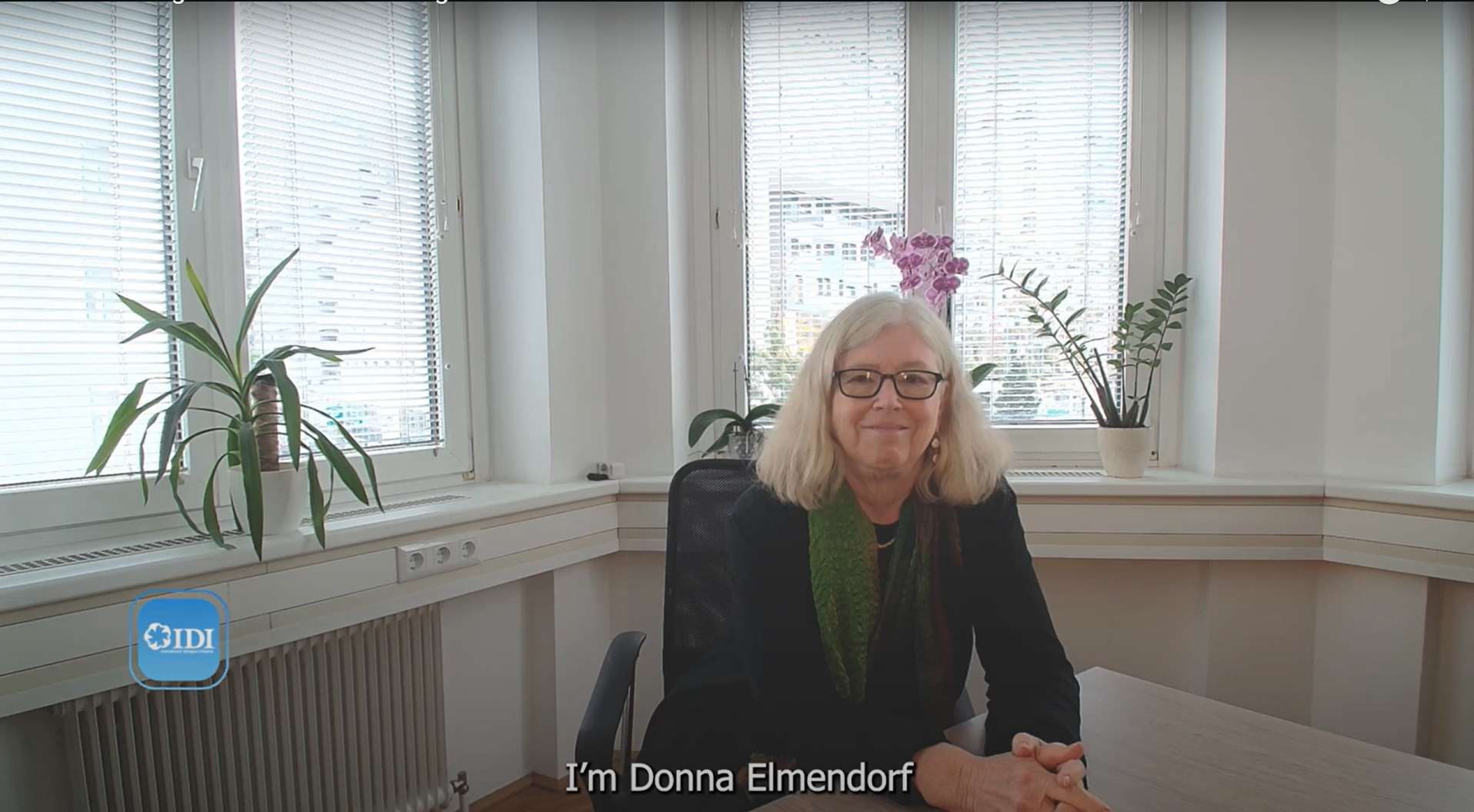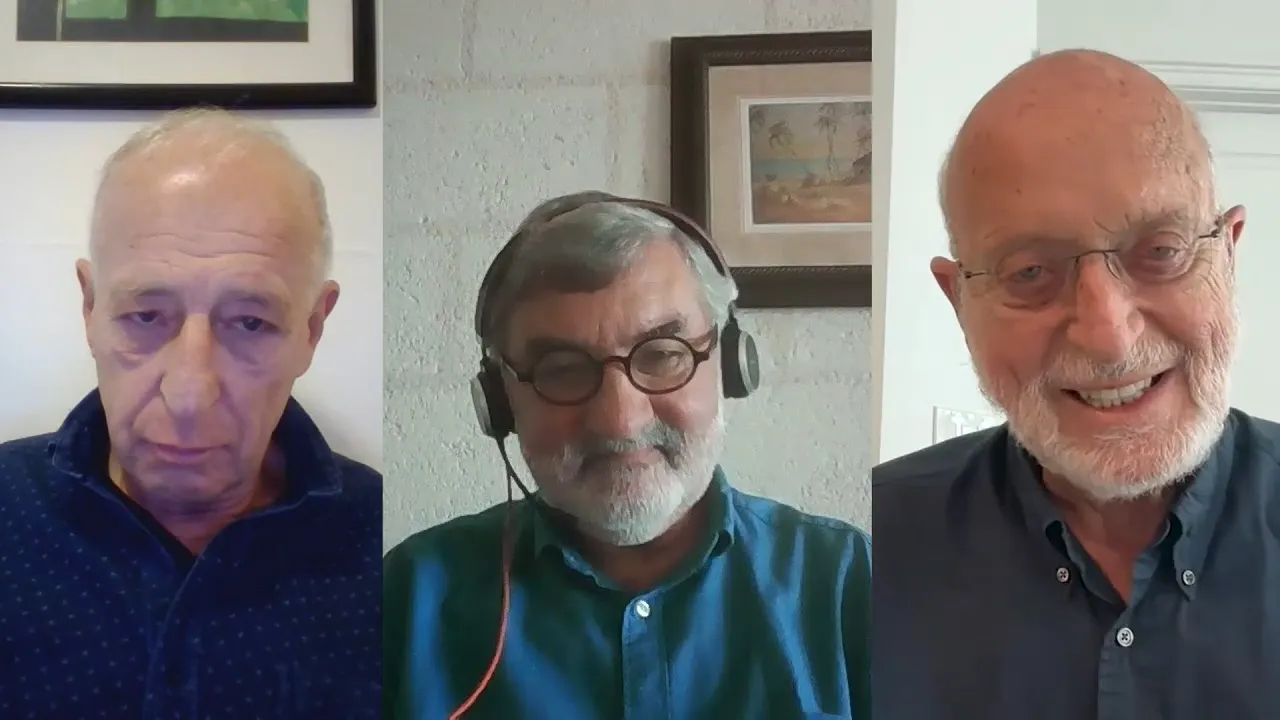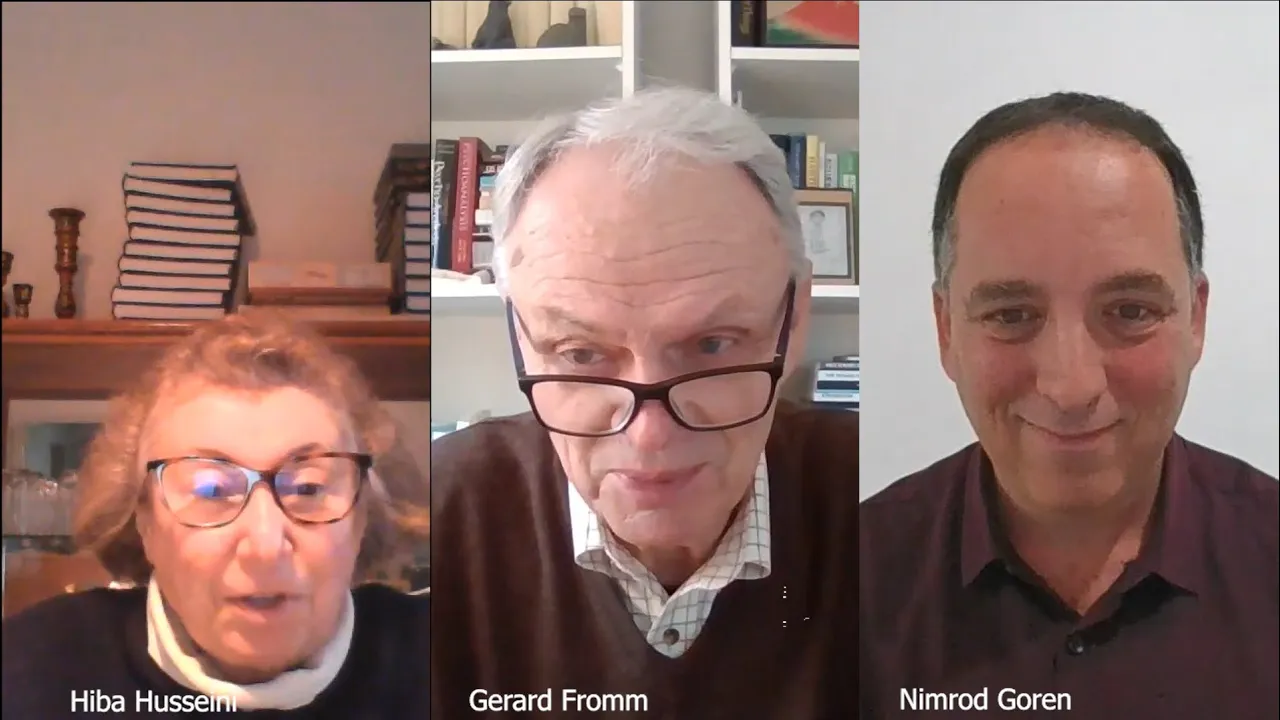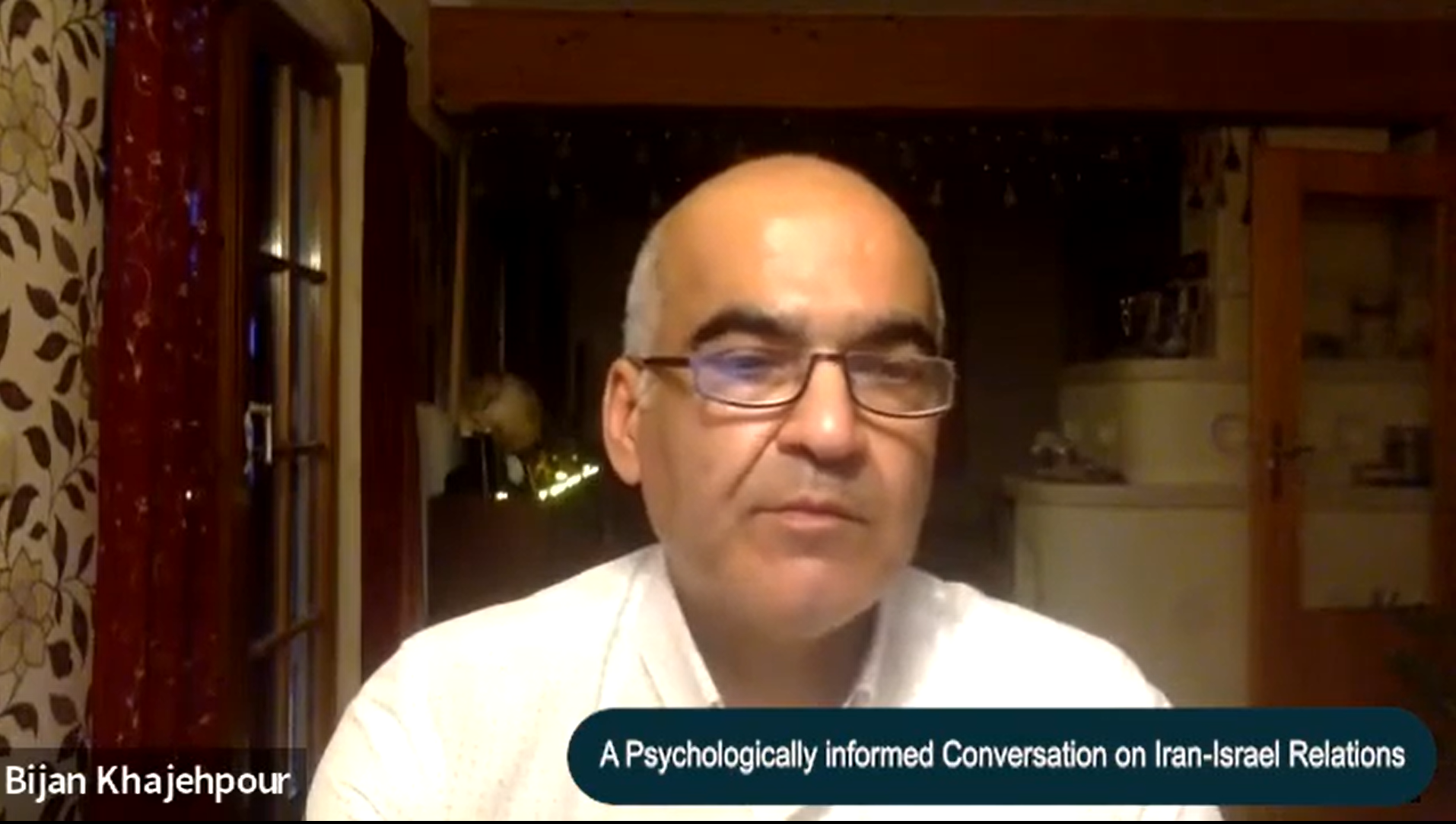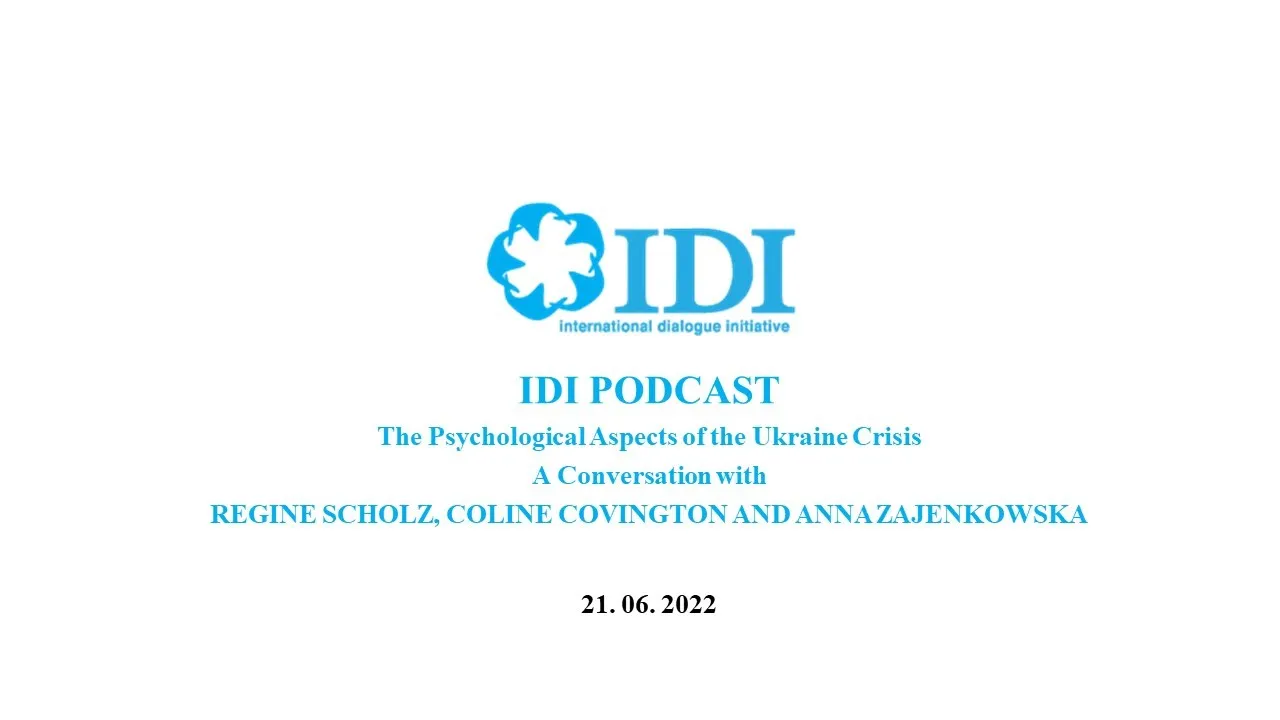Stay connected
Stay connected with us on social media, where we’ll keep you updated on all upcoming events and share insights from our esteemed colleagues. Be sure to follow us for the latest news and expert perspectives.
Check out our Linkedin Feed
Check out our X/Twitter Feed
#JimmyCarter, a leader who showed the world that politics is deeply personal, has passed away at 100. Dr. Vamik Volkan reflects on Carter’s legacy of compassion, where heartfelt moments—like those at Camp David—helped forge #Peace. #ConflictResolution https://t.co/q5TKYISw6p pic.twitter.com/nZYume0G9X
— International Dialogue Initiative (@IDIInfo) January 9, 2025
#GivingTuesday! The world needs constructive ideas and initiatives to resolve its many conflicts through dialogue, not war. Continue your day positively by making a donation to the International Dialogue Initiative by clicking on the link below! https://t.co/gjvrtkxrO2 pic.twitter.com/Zq1pEcUbJJ
— International Dialogue Initiative (@IDIInfo) December 3, 2024
It is always great to welcome you to the IDI meetings and benefit from your insight. https://t.co/LNFpYsqlla
— International Dialogue Initiative (@IDIInfo) October 20, 2024
2024 Large Group Identity Workshop – Only a Few Weeks Away! ⏰
— International Dialogue Initiative (@IDIInfo) September 4, 2024
Don’t miss this unique opportunity to explore the psychological underpinnings of #SocietalConflict and #LargeGroupIdentity with esteemed faculty, @MGFromm and @Transkultur.
Register now! https://t.co/8TToNa1EIv
Insights & Contributions
“To truly know — not just intellectually, but somatically, emotionally, ethically — is to become dangerous to the systems that require ignorance and numbness in order to survive. That is why the act of knowing must be made intolerable. That is why empathy must be punished. Because to know Gaza — to really know what is being done to its people — would demand a reckoning too great for the current world order to bear..”
“When a leader’s attempt to change the external world dovetails with followers’ shared regression and anxiety about their large-group identity, drastic societal and political processes may be initiated. I have found it helpful to describe what is meant by the term ‘large-group identity’ by using an analogy of a large canvas tent … At times of collective stress, however, such as drastic political change, war, or economic crisis, the tent canvas may take on greater importance, and individuals may collectively seek the protection of their large-group tent. At such times the leader (the pole of the tent) is called upon to repair and maintain the large-group identity.”
“The role of empathic witness is extremely important in cases of trauma. For the last year and a half, I’ve had the privilege of being a case discussant in a clinical case conference for Ukrainian therapists, sponsored by the Freud Museum in Vienna. We see and hear about history in the making. We see how overwhelmingly painful experience leads to efforts to protectively dissociate oneself from it, a defense which plays into the enemy’s effort to obliterate history through false narratives. We hear about Ukrainian combat casualties – soldiers suffering the trauma of horrific experience, acute loss or moral injury – and we also hear about trauma in the broader society: bereaved spouses, children borne of rape, suicidal adolescents.”
“In 1987, I founded the Center for the Study of Mind and Human Interaction (CSMHI) at the School of Medicine, University of Virginia. My aim was to study large-group tensions, racism, terrorism, transgenerational transmissions of trauma, and leader-follower relationships. Because no single discipline can fully illuminate such deep-seated and complex issues, CSMHI’s faculty and board included experts in psychoanalysis, psychiatry, psychology, diplomacy, history, political science, and environmental policy. Our collaboration with The Carter Center was crucial in developing a psychoanalytically informed approach to international conflicts and initiating activities to support and maintain peaceful coexistence for opposing large groups.”


